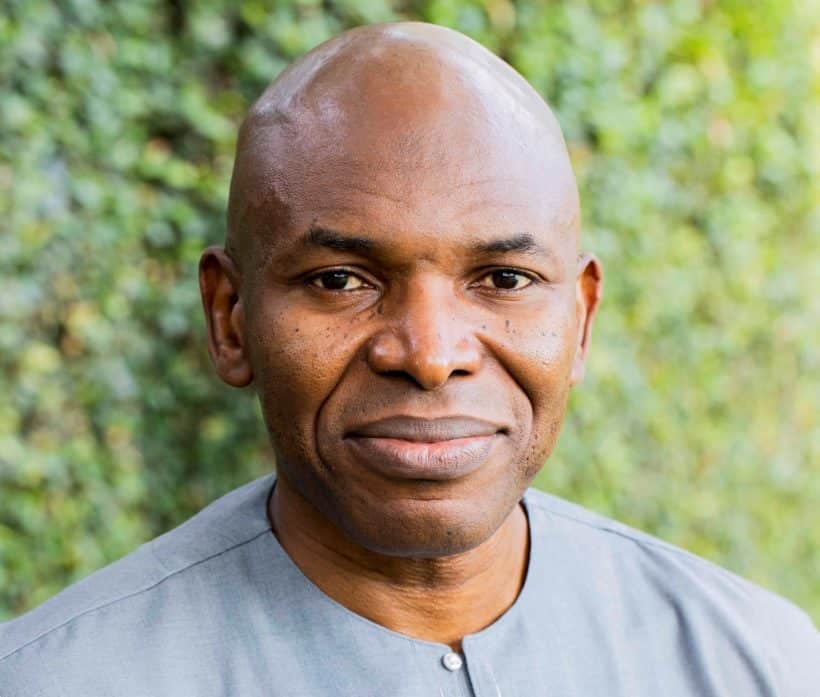Although African delegates had marginal success in placing the continent’s unique needs and circumstances on the agenda of COP27, the ultimate deal to create a ‘loss and damage’ fund is a huge boost to tackle climate change.
The proposed dedicated fund will provide a framework for developed countries to compensate developing countries that have suffered the impact of climate-related damage to infrastructure. It promises to benefit Africa, a continent, disproportionately afflicted by the effects of climate change. Even as delegates from across the world, drawn from government, private sector, not-for-profits, young people, civil society, indigenous peoples, and local communities congregated to discuss the solutions, there was the backdrop of severe droughts and floods in different parts of the continent, defining the urgency.
The challenge for Africa now lies in sustaining the momentum to address ‘loss and damage’ by setting in motion the proposed fund. We need to lock in the details that will operationalise the fund, for it to begin paying out compensation to unlock its benefits, for inclusive and sustainable development that leaves no one behind. There is a great onus on the international community to turn the agreement into action in the spirit of ‘follow through’ that COP27 was about. Additionally, consideration needs to be given to widening the net of contributors to the fund beyond the developed countries to draw in the private sector, including through innovative mechanisms, such as sustainable smart finance.
Besides the opportunity presented by the ‘loss and damage’ fund, there were other glimmers of hope in advancing climate change action at COP27. These too need to be consolidated and pursued.
One such opportunity is food systems, featuring prominently in COP27 for the first time in such gatherings. We cannot win the fight against climate change unless attention is paid to holistically transforming food systems. Having it on the negotiation floor is a crucial first step in this direction. This focus needs to be sustained and explore scaling resilient systems while tackling emissions across the value chains.
In addition to this, indigenous voices were significantly represented at COP27. This needs to be built on and strengthened, knowing communities are good custodians of nature. Nature is our climate defender and we need communities to unleash this potential if we are to effectively tackle the climate crisis. We have to link the mega commitments to action at the grassroots by investing in nature-based solutions.
All these are opportunities to re-energize the fight against climate change. Africa cannot afford to relent and take its foot off the pedal. Efforts need to be sustained to scale up urgent climate action. More importantly, the continent has to continue working together to fight climate change and biodiversity loss. Now more than ever before, collective response to the climate crisis is key, to unlock investments in technology transfer, capacity building, and financial resources. We all have to work together for a better future by pursuing the opportunities unlocked by COP27.
As we tackle the climate change crisis, nature-based solutions must remain a core part of our ammunition. Natural habitats have the ability to absorb and store vast amounts of carbon. It is projected that protection, restoration, and better management of our lands and wetlands reduce up to a third of the emissions needed to limit global warming and keep the climate within safe boundaries. Natural solutions not only restore and protect vulnerable ecosystems but also positively impact the livelihoods of communities. Nature-based solutions require more climate funding, beyond the current less than 10% percent globally. In this regard, The Nature Conservancy will continue providing the expertise and the science for governments and other actors.
As Africa looks ahead to COP28 next year, delegates must prepare well to secure a more ambitious mitigation outcome. The continent needs to secure a robust global goal on adaptation and the scaling of funding to move faster and further, beyond pledges and commitments towards effective climate action.

.

